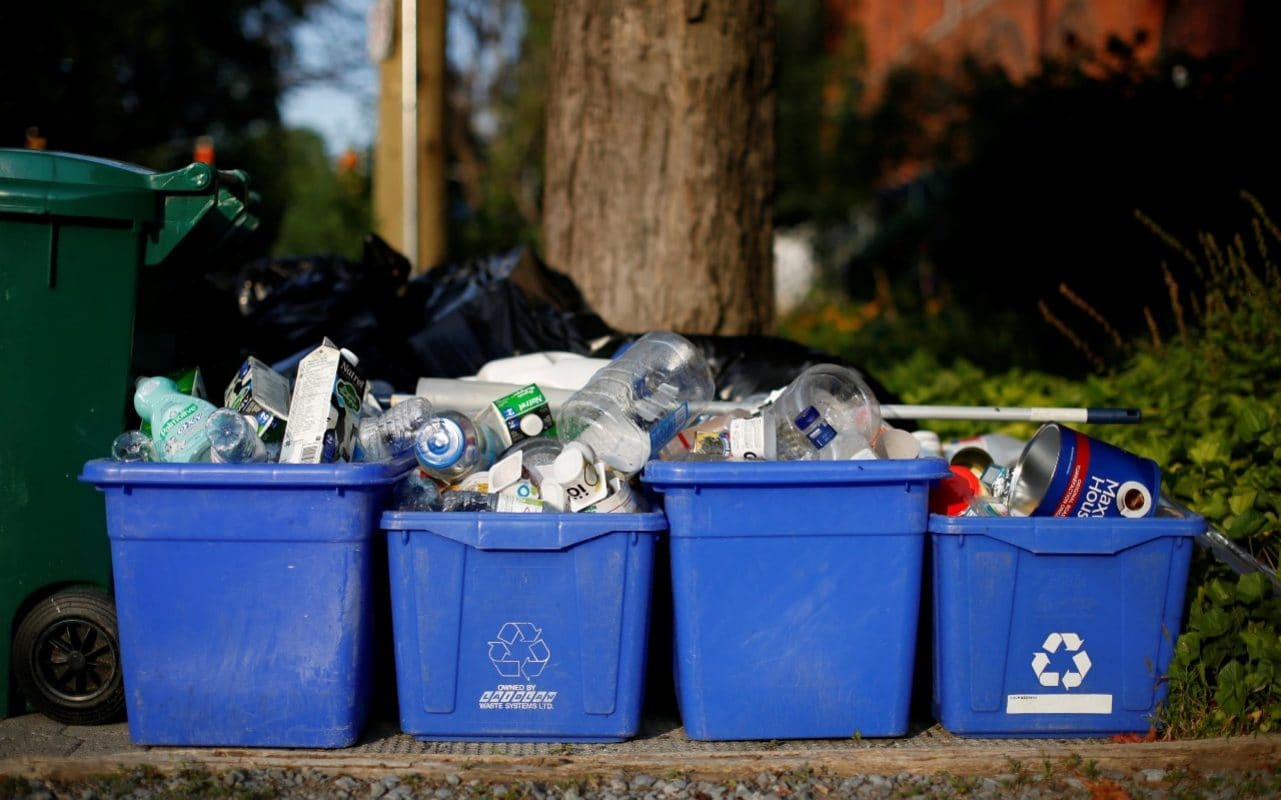11 Dec 2024

Tired Earth
By The Editorial Board

Millions of homes could have their food waste bins collected weekly, if new proposals from the environment secretary are implemented in the wake of a government consultation on the UK’s waste system.
Michael Gove’s proposed measures to ensure consistent recycling collections come after a number of councils cut the frequency of collections, leaving residents with overflowing bins.
Free garden waste collections for households with gardens may also be introduced while councils in England will be obliged to provide weekly pickups of food waste. The policy area is devolved to national government level.
“We are committed to going further and faster to reduce, reuse, recycle and cut waste,” Gove said. “That’s why we are leading the way to move away from being a ‘throwaway’ society and drive up domestic recycling. We are committed to cementing our place as a world leader in resource efficiency, so we can be the first generation to leave our environment in a better state than we inherited it.”
Local authorities would receive more money from the government to pay for the increased frequency of collections, many of which are outsourced to private companies. The services were reduced variously from once every one or two weeks to every three or four weeks after deep cuts to council budgets.
This led to reports of overflowing food waste, which attracted insects and rats. Government figures showed that complaints about missed collections had increased by a third across England and Wales since 2014.
Councils received more than 1.8m such complaints, about 4,500 a day, the BBC reported, with the actual number of missed collections likely to be much higher.
The issue is particularly acute in parts of Surrey, Sussex and the West Midlands, where refuse workers in Birmingham have been striking over a longstanding industrial dispute. Fortnightly collections are set to temporarily resume there.
Spending on waste collection by local authorities fell from £1bn in 2010-11 to £888m in 2017-18 after accounting for inflation.
There are plans for a tax on plastic packaging that does not contain at least 30% recycled content, which will force packaging producers to pay the full cost of dealing with their waste. Currently, it is often cheaper to use new, non-recycled plastics despite their detrimental environmental impact.
Household waste recycling rates in England rose from about 11% after the turn of the millennium to about 45%, but the rates have plateaued since 2013.
The consultation will also look at bringing in a deposit return scheme for cans and bottles. The scheme, whereby people would pay a small upfront charge refundable upon return of the empty container, could drive up the recycling of the estimated 3bn plastic bottles that are currently incinerated, sent to landfill or discarded on streets.
In Germany and the Netherlands, the introduction of a network of reverse vending machines – dispensing cash in return for empty bottles and cans – led to recycling rates of 98% and 95%, respectively.
Philip Hammond, the chancellor, said: “Plastic packaging makes up two-thirds of all the plastic waste that pollutes this country and wreaks havoc on our environment. It’s our responsibility to do something about it, and that’s why we will introduce a new tax on the producers of plastic packaging that don’t use enough recycled material.”
The changes are a central plank of the government’s upcoming environment bill, which will be introduced early in the second session of parliament after Easter.
Environmental campaign group Friends of the Earth welcomed the proposals, but said bigger steps were needed.
“A radical overhaul of waste strategy is urgently needed to deal with our waste crisis – but this must include bold targets to substantially cut the waste that squanders precious resources, blights our environment and harms our wildlife,” Julian Kirby, a plastics campaigner at Friends of the Earth said.
Source : www.theguardian.com
Comment